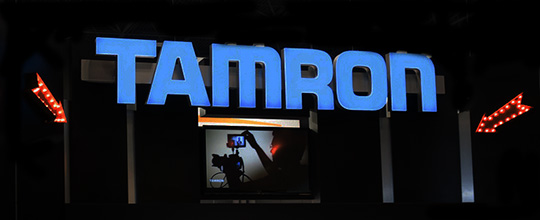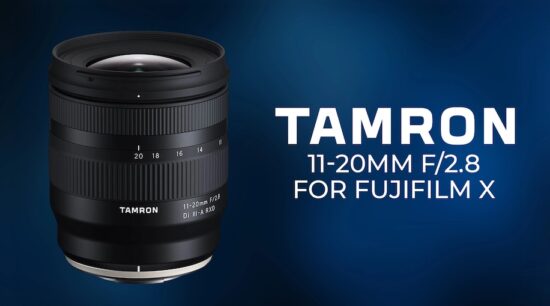Japanese Town Proposes Two-Hour Daily Limit on Smartphones
Read more of this story at Slashdot.
Read more of this story at Slashdot.
Read more of this story at Slashdot.
Read more of this story at Slashdot.

→ Tamron claims to have the top market share as a third-party lens manufacturer:
"Tamron has released its Integrated Report 2025. It reveals that it has the largest market share as a third-party manufacturer in the photography-related business, including the OEM business" (source, see their latest 2025 integrated report here).

→ The Tamron 11-20mm f/2.8 Di III-A RXD for Fujifilm X is marked as discontinued in the UK.

→ Tamron is currently celebrating its 75th anniversary

→ Tamron summer rebates promotion in the US.

→ Tamron Sofortrabatt in Germany
The post Tamron claims to have the top market share as a third-party lens manufacturer and other Tamron news appeared first on Photo Rumors.